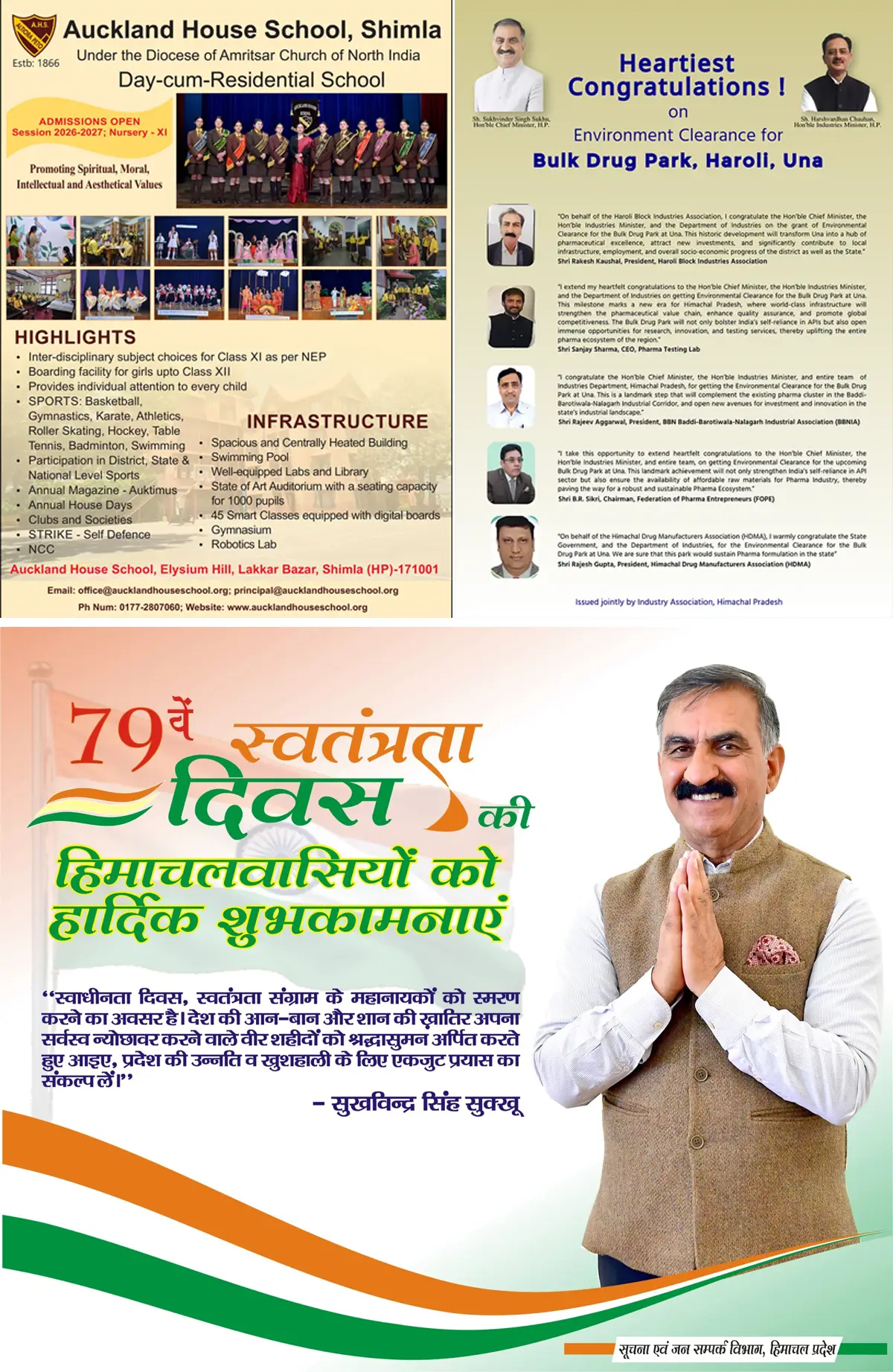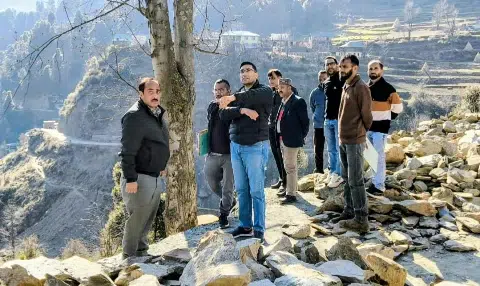State Board Organizes Meeting on Extended Producer Responsibility (EPR) for Plastic Waste Management
3 min read
On September 26, 2023, the State Board organized a day-long meeting to discuss the fulfillment of Extended Producer Responsibility (EPR) under the Plastic Waste Management Rules, 2016. The meeting involved Producers/Importers/Brand Owners (PIBOs), Waste Management Agencies (WMA), Plastic Waste Processors (PWPs) (Co-processor, Waste to Energy Recyclers), Municipal Commissioners, and other representatives of Urban Local Bodies. Regional Officers from various parts of the state and Executive Officers from Urban Local Bodies also participated online.
Extended Producer Responsibility (EPR) is the concept that brands, plastic packaging producers, and importers must take responsibility for the plastic they introduce into the market throughout its entire lifecycle.
The meeting was chaired by Sh. Sanjay Gupta (IAS), Chairman of the Himachal Pradesh State Pollution Control Board. During his inaugural address, he emphasized the importance of proper plastic waste management, integrating it into a circular economy, and following the Plastic Waste Management Rules, 2016. He pointed out that littered plastic is polluting the environment and harming wildlife. Sh. Anil Joshi (IFS), Member Secretary of the HP State Pollution Control Board, highlighted that the Ministry of Environment, Forest and Climate Change, Government of India, notified guidelines for Extended Producer Responsibilities under Plastic Waste Amendment Rules, 2022, in February 2022. These guidelines include mandatory targets on EPR, plastic packaging waste recycling, reuse of plastic packaging, and the use of recycled plastic content. He urged PIBOs to meet their EPR targets and ensure proper processing of plastic waste generated by their products.
Sh. Chandan Singh, Environmental Engineer, gave a detailed presentation on the EPR guidelines laid out under the Plastic Waste Management Rules, 2016. He provided an overview of the current status of EPR liabilities and fulfillment by PIBOs and Plastic Waste Management Agencies/Recyclers.
Various challenges in effective plastic waste management in the state were discussed, including a lack of manpower, financial constraints, high transportation costs for Refuse Derived Fraction (RDF) to cement plants, and unauthorized waste dumping by nearby panchayats in Urban Local Bodies (ULBs).
The meeting also highlighted the EPR model in Ghaziabad, considered one of the successful models in the country, and the Central Pollution Control Board requested the Himachal Pradesh State Pollution Control Board to encourage PIBOs and ULBs to replicate the model.
Representatives from PIBOs such as Nestle, Sun Pharma, Kandhari Beverages, Marico, Mankind Pharma, Mondelēz India Food, Procter & Gamble, Hindustan Unilever, Cipla, Dabur, ITC, Colgate, Pidilite, Ambuja, and Ultratech, along with Waste Management Agencies and Plastic Waste Processors, submitted their progress, achievements, and challenges regarding EPR responsibilities.
PIBOs were directed to establish waste collection systems or offer collection of plastic waste from urban local bodies, gram panchayats, and other public authorities. They were asked to collaborate with major urban local bodies through waste management agencies and work out modalities for effective collection, segregation, and processing of plastic waste through registered plastic waste processors.
Waste Management Agencies were instructed to provide complete details of agreements with PIBOs, information on collection, transportation, and category-wise processing of plastic waste from Himachal Pradesh. The decision was made to include rural areas where small plastic waste management units are established or proposed to be installed.






